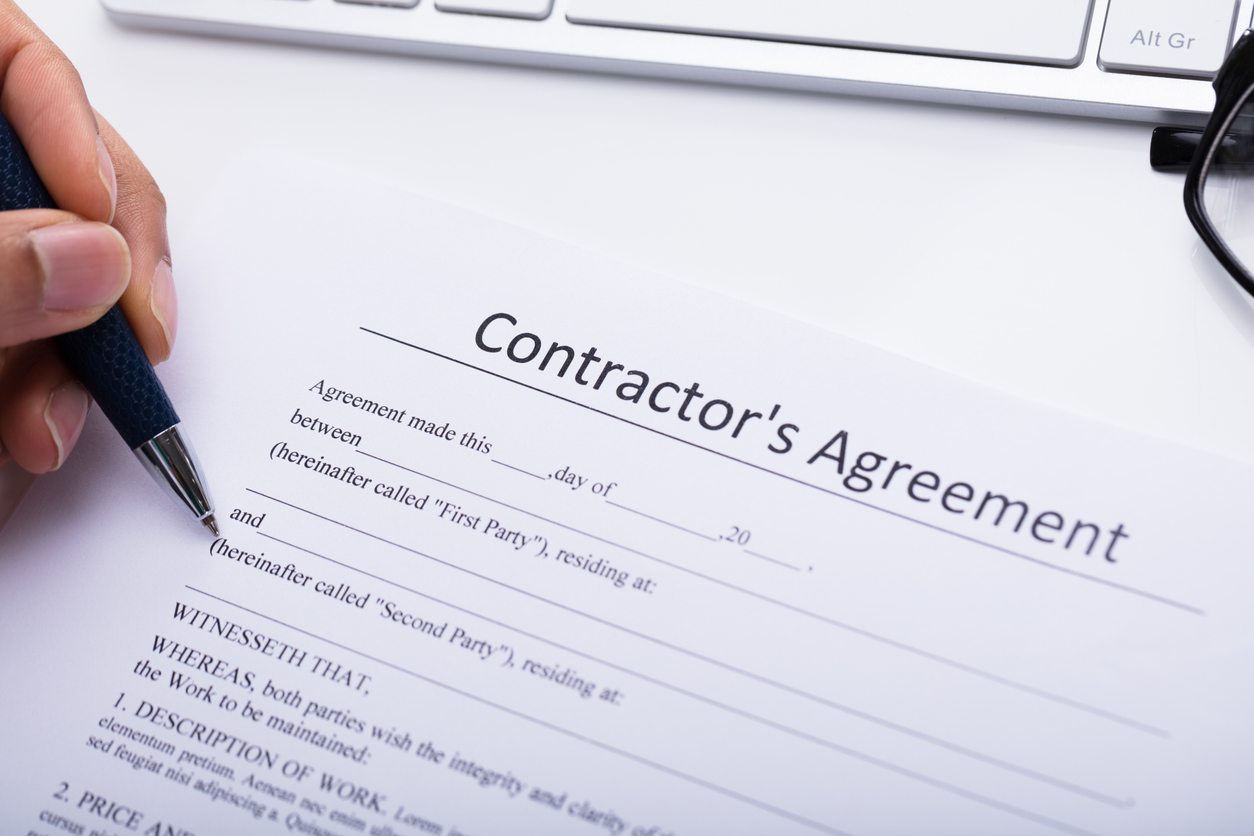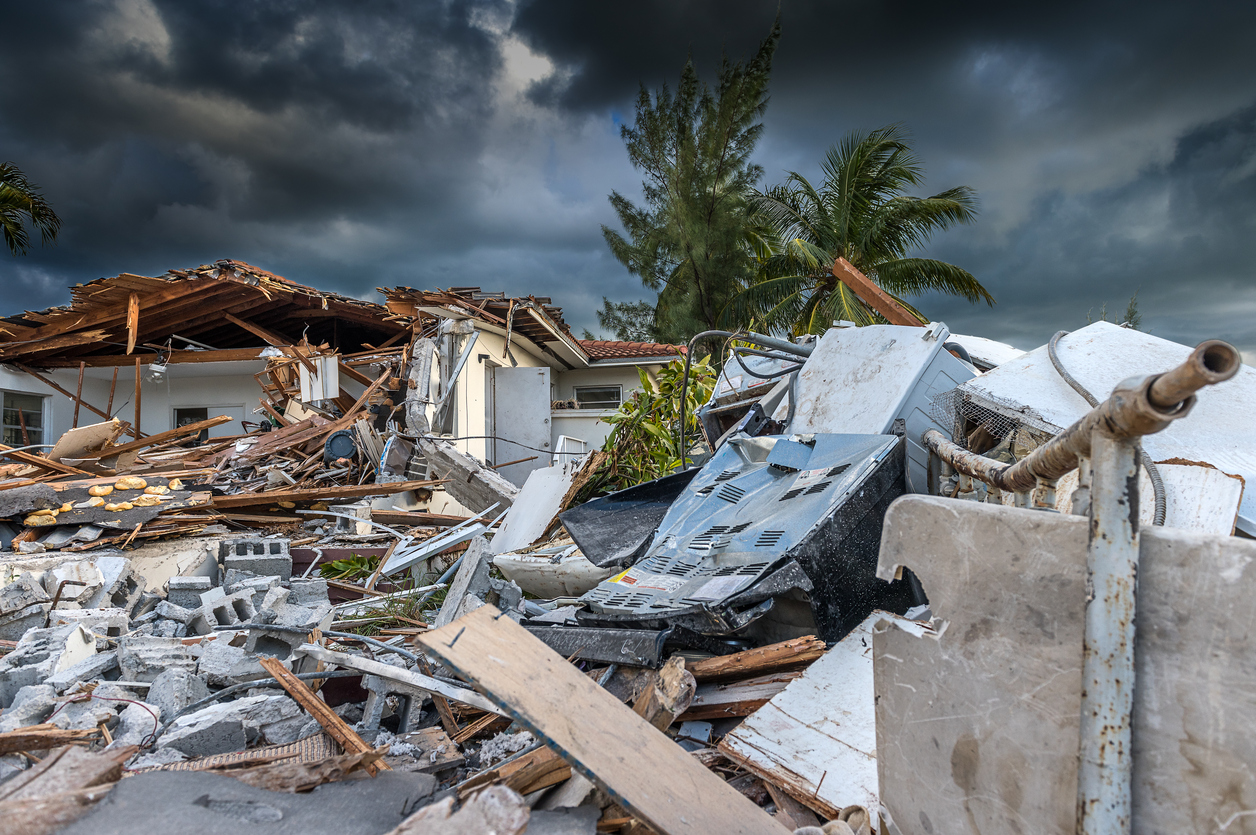This spring, a hot topic for Florida public adjusters has been proposed changes to sections of the administrative code that govern public adjusters. Listen to the complete 25-minute audio recording from the recent DFS hearing here. Two of the proposed changes have the Florida Association of Public Adjusters taking action and explaining ramifications that may have been unknown to drafters of the code.
FAPIA filed a petition for an administrative hearing to challenge the validity of the changes. The DFS and FAPIA agreed to a hearing on July 31, 2013. The substance of this formal hearing would address amendments to Rules 69B-220.001, 69B-220.051, and 69B-220.201 of the Florida Administrative Code and potential invalidity issues under Florida Statute 120.56(2). However, after the DFS hearing last week regarding general comments, it is now clear that at least one of the proposed issues is going to be changed by the Department before the July hearing on the petition. FAPIA’s counsel, Mr. Wilbur Brewton and representatives including Ms. Keri M. Rayborn Silver, spoke to the department last Thursday and explained problems with the proposed language.
The definition of direct supervision for apprentice adjusters is being revised and it sounds like new language would not require “physical presence,” but a phone call from the apprentice public adjuster to the supervising public adjuster when signing contracts. The department wants the apprentice adjuster to give detailed information regarding the claim directly to his or her supervising adjuster and receive express consent from the supervisor before the client agreement is bound.
The other hot topic also discussed in prior posts deals with a proposed code requirement that would hold a public adjuster responsible to ensure the professional repair companies hired on a claim are currently licensed by the State of Florida, if applicable. Under the proposed language, the contractors, engineers, plumbers, or other professionals hired by the clients to repair the property would need to be screened by the public adjusting firm to see if these entities hold proper required licensure.
An unknown voice on the audio file admits the proposed language goes too far. The impact of the proposed language was an “oversight on our part, our intention was not to expect the public adjuster to make sure that a person is licensed should the consumer hire the contractor.” FAPIA’s representatives requested that the verbiage be word-smithed. The intent of this proposed change is to protect Florida homeowners from unknowingly using unlicensed companies, but public adjusters should not be responsible if a consumer uses a contractor who not licensed. The State of Florida needs to regulate the vulture companies that prey on insureds with damaged properties, especially if the state gets another round of hurricanes. A good discussion of the potential pitfalls of this type of regulation can be heard on the audio file. One audience member stated it “ought to be the duty of the state to nail unlicensed contractors who start performing work. We (public adjusters) are not a regulatory agency.” Placing blame on public adjusters if a contractor, engineer or repair company doesn’t do its job is wrong. Public adjusters assist insureds with claim presentation and negotiation. The repair process often goes into full swing only after the public adjuster’s work is done.
It will be interesting to see how this issue shakes out, but it does appear clear that the DFS recognizes the current wording of the proposal has unintended ramifications and broad application. Comments on the proposed language will be considered by the Chief, Bureau of Investigations Mr. Lanier, FLMI, CLU (Barry.Lanier@myfloridacfo.com) until close of business on Monday, May 20, 2013.
As always, any updates will be shared in future posts.



